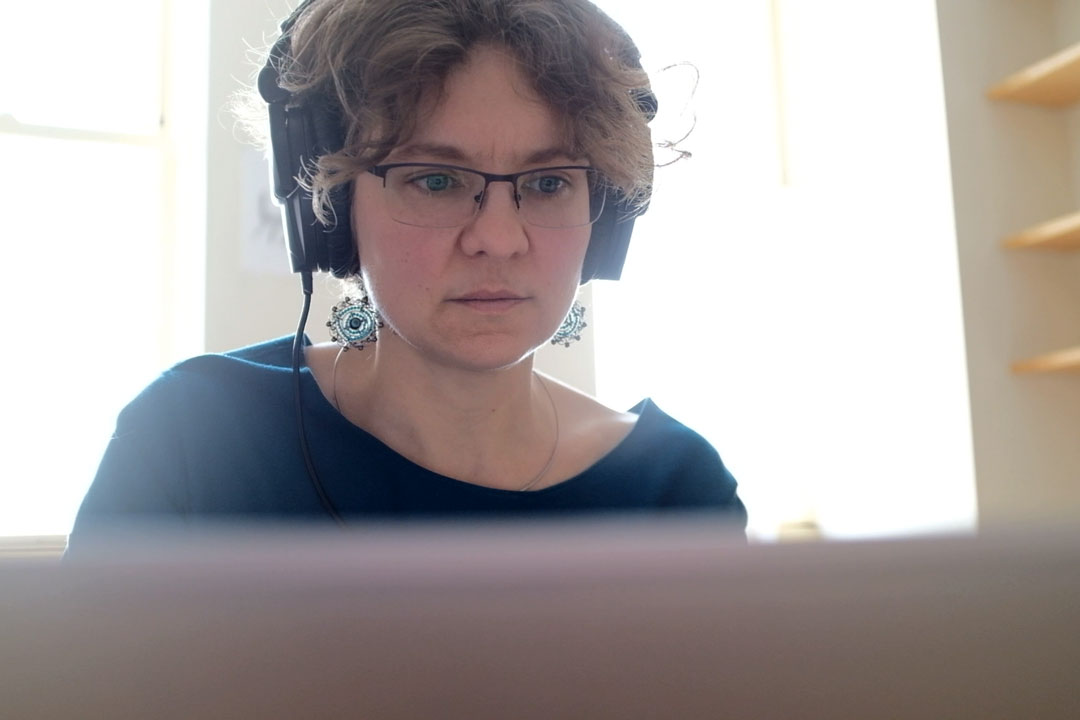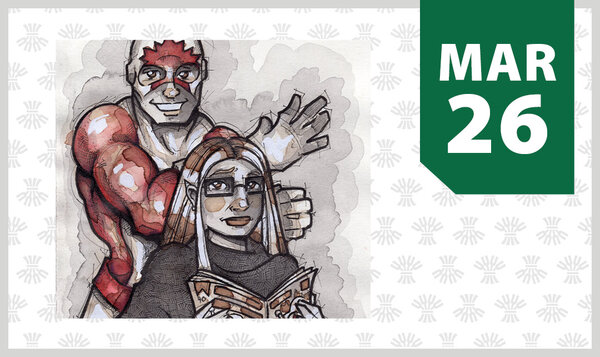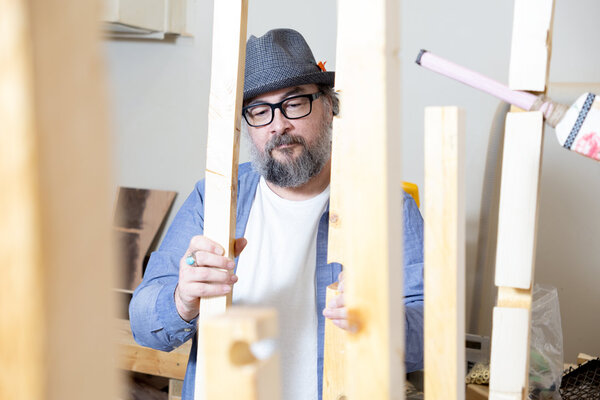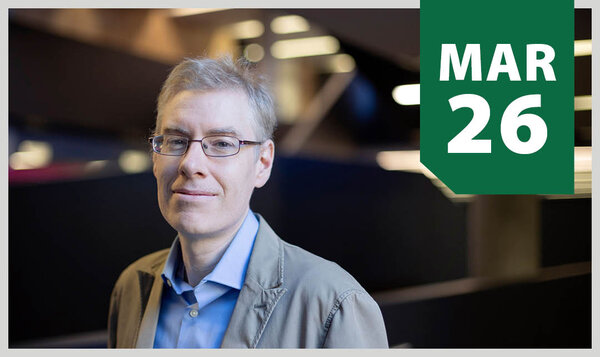
USask linguist works to sustain endangered Indigenous language
Fewer than 50 speakers of Upper Tanana are left. Dr. Olga Lovick (PhD) is documenting their language for future learners.
By Chris Putnam
A new book by a University of Saskatchewan (USask) linguist will help preserve an Indigenous language facing extinction.
On Feb. 1, University of Nebraska Press released the second volume of A Grammar of Upper Tanana by Dr. Olga Lovick (PhD), professor and head of USask’s Department of Linguistics. The result of nearly two decades of collaboration between Lovick and a small group of Northern Dene Elders, the book is the first complete grammatical description of any of the Alaskan Dene languages.
Upper Tanana is spoken in a handful of communities located in eastern Interior Alaska and Western Yukon. Fewer than 50 people speak the language today.
Lovick has been studying Upper Tanana since 2006, when she responded to a community request for a linguist to help document the language before its last speakers passed away. She has made many visits to the community to talk with Elders—the last fluent speakers of Upper Tanana—and record their words and stories.
The Elders guide these conversations while Lovick works to understand and transcribe their teachings.
“I meet them on their couches in their houses. It doesn’t look like work because we’re sitting there having a cup of coffee and chatting,” said Lovick, a faculty member in the College of Arts and Science.
The linguist has worked primarily with seven Upper Tanana-speaking Elders since 2006. Many of these Elders are now more than 90 years old or have passed away.
Lovick previously edited two collections of traditional stories of the Upper Tanana Dene. Now, with the publication of the second and final volume of A Grammar of Upper Tanana, most of the pieces are in place to document, maintain and someday revitalize the Upper Tanana language.
As a grammatical description, the book explains the language’s rules for forming words and putting them together. “We need to understand these rules so we can start teaching them,” said Lovick.

A group of teachers in one of the villages where Upper Tanana is spoken is already using Lovick’s book to help create lesson plans for teaching the language.
“This makes me very happy,” said Lovick.
Upper Tanana has little in common with English and other European languages, and can be challenging for English speakers to learn.
“A verb in Upper Tanana will frequently correspond to an entire sentence in English. So all of the information that we would put into a sentence, they put into a verb. That means that creating a verb is a challenging endeavour. It requires you to know the pieces and what they mean, and then you need to know how to put them together according to the rules. And then once you put pieces together, they will influence each other’s shape,” said Lovick.
Of the roughly 6,000 languages currently spoken on Earth, only 10 per cent are expected to survive into the next century. Preserving the uniqueness of those languages is a worthy goal, said Lovick.
“Language is one of the filters we use to look at the world. There are many connections between language and culture and thought. These are different things, but they’re intertwined in very complex ways. If we lose a language, then we lose access to one of the ways in which we can understand how people think about things, how people perceive things.”


